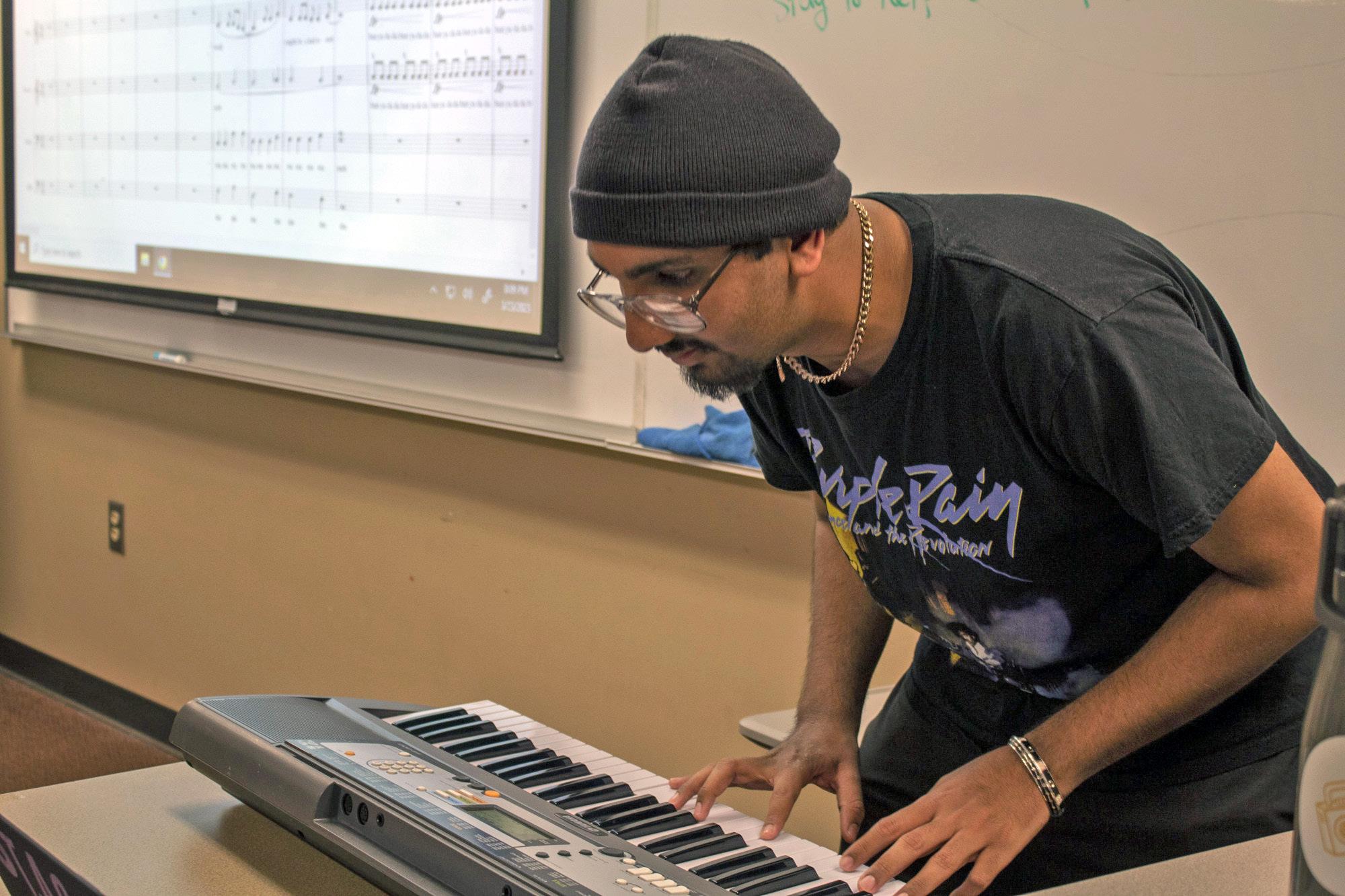
4 minute read
CNN chief medical correspondent, neurosurgeon speaks at Elon University
SPEAKER | from cover
When I come, I learn a lot, and I’ve been able to take some of that for myself. I’m already reflecting on some of the experiences I’ve had today and being able to incorporate them into my reporting, my thinking, my discussions, fueling my own curiosity. So I hope if nothing else, I can convey that lifelong learning aspect of things and the desire to dig a little deeper beyond the headlines, into what’s really happening in the world.
Advertisement
Could you give us an example of one of those reflections that you’ve already had today that you are going to be putting into your reporting and what you do?
I spent some time at the donor lab at the Health Sciences building, and it’s really interesting. It’s been a long time since I took anatomy. It’s been over thirty years. And I hadn’t really thought about how that is being taught nowadays. It’s one of the most indelible experiences we have as medical students — gross anatomy. And the idea that there was this real reverence for the donors that were there in the lab, people who said that when they were living, they would donate their bodies to science, to be the silent teachers, as they were called. We didn’t do that when I was a medical student. We didn’t think about things that way. But the idea that you would start to teach people how to deal with death, the reverence of the human body, protecting people’s private information, understanding how much you want to know about your patients, in this case silent teachers. I thought that was really interesting. It wasn’t something that I had thought about one second before I walked into that room, and now I’ve been thinking about it for a couple of hours, letting it simmer in the back of my head. I think there’s a larger story there in terms of how we learn and why certain things stick. What medical school people will say is mostly about regurgitating the past, memorizing the past, but thinking about memorizing the past, but also being able to create the future. I think there’s always a story that I wanted to tell, and this was just an example. You talked about digging deeper, going beyond the two minute headline; how would you recommend students particularly start to do that in their day-today lives?
“It’s funny, whenever I visit a college campus, I always think, I wish I could go back and experience this again, and now with what I know at this point in my life. Of course, you can’t do that. Or you could I guess, but I don’t know if it’s in the cards for me.
When you’re a student, life becomes so procedural. It’s [a] process, you have to get from one step to the next, day to day. And I get it, if you’re applying to graduate schools and medical school, you’re just checking boxes and that’s necessary. But the real joy of learning, I think, is something that I’ve come to appreciate as time goes on, and to really be able to learn for the sake of learning.
I get to do that as a journalist. If you’re a curious person, journalism is the best job in the world, because you can just … ask questions and just find answers. But I think to be able to use some of that within your own student life is important, just learning for the sake of learning… I don’t know what that means, and I realize that sounds pretty euphemistic. But I do think that taking courses that you’re really interested in, learning beyond what you have to learn or just learning more deeply, having conversations with classmates about what you’ve just learned, all that stuff’s what you end up spending most of your time doing when you become an adult, just reflecting on what’s happening in the world and sharing those thoughts with people that you care about. So, doing that as a student, I think, is a great way to make it a more joyful and better learning experience overall.
What advice do you have for the people who are going to be coming to your talk, Elon students, on how to get started on that journey?
I think one of the big things that I learned while working on that book, and just in my own research, was that we have often thought about certain parts of our body as being just these organs that are going wear and tear over time, and you get a certain amount of usage out of that, and then that’s it. And what I think we’re learning more than ever is that our body can continuously rejuvenate itself in ways that we’re still appreciating. I mean, there’s been a lot of research over the last three decades now on stem cells, and understanding that stem cells will create new cells in the body. And that age itself probably shouldn’t be measured by the number of years that you’ve lived, but by the percentage of young, healthy, well performing cells in your body. The percentage of those cells at any given time is probably a better reflection of age than circumventing the sun a certain number of times. So, I think that there’s a lot that goes into that in terms of what that means for your day-to-day life and how you live your life. But I think what I’m most inspired by is that we have this capacity within our own bodies to continuously renourish and rejuvenate in ways that we haven’t fully appreciated. That is what people are really inspired by.










